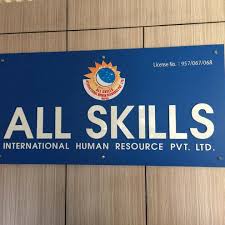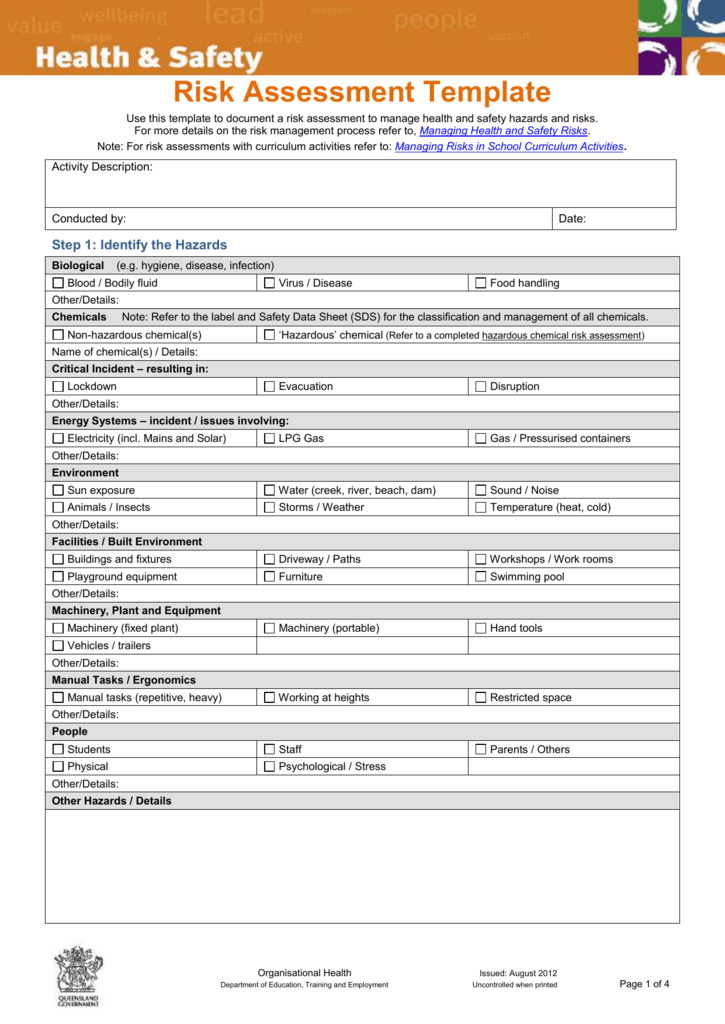
You need to complete a Human Resources education if you want to become a human resources manager. There are many certifications for HR professionals. These include the Senior Professional in Human Resources - PHR and the Professional in Human Resources - PHR. You need a bachelor's level degree and at least two years of work experience to become a Professional in Human Resources (PHR). To become a SPHR you must have at least four to five years' experience and a masters degree.
Job description
The HR manager's main responsibility is to oversee and guide the HR department. This role also involves building relationships with employees, building the employer brand, and implementing strategies to increase employee engagement. It requires strong leadership skills, strong communication skills, and experience in handling a wide range of employees.
Other responsibilities for the HR manager include updating the HR department and making sure all departments are fully aware of company objectives. They attend meetings and prepare periodic reports. They might also be responsible for philanthropic activities.
Education requirements
Higher education is a key factor when applying for a position in human resources. A master's level degree is not necessary to be eligible for a position in human resources. However, it can increase your career prospects. Business schools often offer programs in human resource management and business administration. To increase your opportunities for employment, you may also be eligible to earn certifications.

An undergraduate degree is required in order to become an HR Manager. You have two options: you can pursue an HR management degree or go to school for a relevant degree program. A degree in human resources, regardless of your chosen method, can be the most effective route to a career.
Salary
Based on your company and your position, the salary for HR managers may vary. You should explore the different ranges of salaries to find the job that is right for your needs. You may consider looking for a new job if the salary offered by your employer is less than you expect. In general, employees who move jobs earn more than employees who stay at the same place for a long time. If you have a good performance record, you may want to try negotiating for a raise. You may also want to think about moving to another workplace if you have a poor track record.
The education and experience you acquire can have a huge impact on the salary you can earn as a human resources manager. An undergraduate degree in human resources is a requirement. You might be able to transfer your master's degrees to a job in human resources if you already hold a masters degree.
Certificates
There are many certifications that HR managers can obtain. Some of them are offered by professional bodies, such as SHRM. Other certifications are also available, such as HRCI certification. These courses are designed to help HR professionals achieve specialized knowledge. These certifications are great for HR managers.
Some HR professionals feel too busy with their many responsibilities that they don't have the time to study. This is why flexibility is important when choosing a certification program. Attention to the available time and materials. It can be challenging to adhere to a strict schedule. This can also be demotivating.

Work experience
A bachelor's degree, either in business or in human resources, is often required to work in HR management. Some companies require a master's degree as well, which can be obtained online or at a traditional university. But if you are already an expert in another area of work, you might be able to transfer your skills into HR management. Further, certifications in HR can be obtained through organizations such the International Foundation of Employee Benefit Plans and Society for Human Resource Management.
Being an HR manager can lead to a rewarding, high-paying job. It requires strong communication skills and practical knowledge of human resource management. You can be a successful HR manager in many different sectors and still make a great living.
FAQ
What are the five management steps?
These five stages are: planning, execution monitoring, review and evaluation.
Planning involves setting goals for the future. Planning includes setting goals for the future.
Execution is when you actually execute the plans. It is important to ensure that everyone follows the plans.
Monitoring is the act of monitoring your progress towards achieving your targets. This should involve regular reviews of performance against targets and budgets.
Each year, reviews are held at the end. They allow for an assessment of whether all went well throughout the year. If not, then it may be possible to make adjustments in order to improve performance next time.
After the annual review is complete, evaluations are conducted. It helps to identify what went well and what didn’t. It also provides feedback regarding how people performed.
What is Six Sigma?
Six Sigma uses statistical analyses to locate problems, measure them, analyze root cause, fix problems and learn from the experience.
The first step is identifying the problem.
Next, data will be collected and analyzed to determine trends and patterns.
Next, corrective steps are taken to fix the problem.
Finally, data will be reanalyzed to determine if there is an issue.
This continues until you solve the problem.
What are the most common errors made by managers?
Managers sometimes make their own job harder than necessary.
They may not assign enough responsibilities to staff members and provide them with inadequate support.
Additionally, many managers lack communication skills that are necessary to motivate and direct their teams.
Managers sometimes set unrealistic expectations of their teams.
Managers might try to solve every problem by themselves rather than delegating the responsibility.
What are the main management skills?
Business owners need to have management skills, no matter how small or large they may be. These skills include the ability of managing people, finances, time, space, and other factors.
Managerial skills are required when setting goals and objectives and planning strategies, leading employees, motivating them, solving problems, creating policies, procedures, or managing change.
As you can see, there's no end to the list of managerial duties!
Statistics
- As of 2020, personal bankers or tellers make an average of $32,620 per year, according to the BLS. (wgu.edu)
- The profession is expected to grow 7% by 2028, a bit faster than the national average. (wgu.edu)
- The BLS says that financial services jobs like banking are expected to grow 4% by 2030, about as fast as the national average. (wgu.edu)
- UpCounsel accepts only the top 5 percent of lawyers on its site. (upcounsel.com)
- Our program is 100% engineered for your success. (online.uc.edu)
External Links
How To
How do you implement a Quality Management Plan (QMP)?
The Quality Management Plan (QMP) was established in ISO 9001. It is a systematic way to improve processes, products and services. It focuses on the ability to measure, analyze and control processes and customer satisfaction.
QMP is a common method to ensure business performance. The QMP aims to improve the process of production, service delivery, and customer relationship. QMPs must include all three elements - Products, Services, and Processes. When the QMP includes only one aspect, it is called a "Process" QMP. The QMP that focuses on a Product/Service is called a "Product." QMP. QMP is also used to refer to QMPs that focus on customer relations.
Scope is the most important element in implementing a QMP. Strategy is the second. They can be described as follows:
Scope: This is the scope of the QMP and its duration. For example, if your organization wants to implement a QMP for six months, this scope will define the activities performed during the first six months.
Strategy: This is the description of the steps taken to achieve goals.
A typical QMP comprises five phases: Planning and Design, Development, Construction, Implementation, Maintenance. The following describes each phase.
Planning: In this stage the QMP's objectives and priorities are established. To understand the expectations and requirements of all stakeholders, the project is consulted. The next step is to create the strategy for achieving those objectives.
Design: In this stage, the design team designs the vision and mission, strategies, as well as the tactics that will be required to successfully implement the QMP. These strategies are then put into practice by creating detailed plans.
Development: Here the development team works toward building the necessary resources and capabilities to support the successful implementation.
Implementation involves the actual implementation using the planned strategies.
Maintenance: It is an ongoing process that maintains the QMP over time.
The QMP must also include several other items:
Stakeholder Engagement: It is crucial for the QMP to be a success. They are required to actively participate in the planning, design and development of the QMP, as well as the implementation and maintenance phases.
Initiation of a Project: A clear understanding and application of the problem statement is crucial for initiating a project. In other words, they must understand the motivation for initiating the project and the expectations of the outcome.
Time Frame: This is a critical aspect of the QMP. You can use a simplified version if you are only going to be using the QMP for short periods. However, if you have a long-term commitment, you may require more elaborate versions.
Cost Estimation - Cost estimation is an important part of the QMP. You cannot plan without knowing how much money you will spend. Therefore, cost estimation is essential before starting the QMP.
QMPs are more than just documents. They can also be updated as needed. It can change as the company grows or changes. It should be reviewed regularly to ensure that it meets current needs.